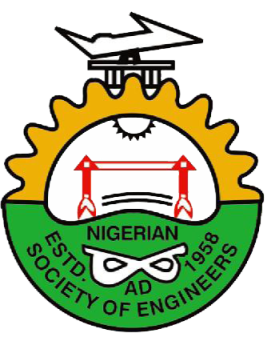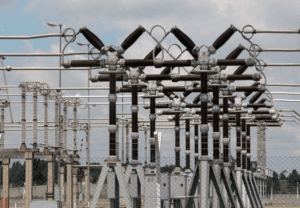
NSE advises FG on increase in electricity tariff
The Nigerian Society of Engineers has expressed its concerns on the implementation of the new electricity tariff recently announced by the Nigerian Electricity Regulatory Commission.
The society added its voice of caution during a media parley with journalists in Abuja and called for transparency and accountability in the implementation procedures of the tariff.
The event was also in commemoration of the NSE President, Margaret Oguntala’s 100 days in office and the milestones achieved.
Controversies have continued to trail the Federal Government’s decision to completely remove subsidy on electricity tariff payable by power consumers in the Band A category, who the NERC said constitute about 15 percent (1.8 million) of the total number of power users across the country.
The NERC announced the hike in the electricity bill at a press briefing in Abuja, adding that those affected would now pay a tariff of N225 per kilowatt-hour, up from the previous rate of N68/kWh, representing about a 240 percent increase. The government declared that the decision took effect from Wednesday last week.
Band A power users are those who get up to 20 hours’ supply of electricity daily and paid about N68/kWh before the implementation of the latest order. But the Nigeria Labour Congress, as well as the Trade Union Congress kicked against the hiked tariff for power users, regardless of the band they belong to.
Other affected stakeholders like the organised private sector have also voiced their displeasure against the new policy.
But speaking during the event on Monday, the President of the Society, Margaret Oguntala, emphasised that the decision to restructure was both necessary and inevitable, but cautioned that the true challenge lies in its implementation.
She added that the regulatory commission must also explain what happens when there are repairs on transmission and distribution lines and its plans to stop energy theft.
He said, “The position of the NSE is all about the customer and that is ensuring accountability and transparency in the whole process. On the tariff, I think it became necessary to restructure somehow but there are questions on what should be the actual format.
“We now have industries, commercial centres, then we have the residential area. But you agree with me that in most settlements you have industries interspersed in commercial centers and residential areas. In a sane society, they are supposed to be separated so the electricity agency is able to appropriate prices to each segment accordingly. Normally the residential consumer’s consumption pattern is somewhat inelastic. But the industry is where the issue is, most of them run three shifts, And they expand at will.
“This is where the impact of the real consumption of power is. And this is where the premium price should be served. The revenue obtained from the industries should then be used to subsidise the cost of low-band residential areas.”
He added, “The position of the NSE is that, inasmuch as this has become inevitable, everything about our power usage and billing has to be transparent. There should be accountability. The customers must be protected. Issues like when somebody is on Band A and someone is getting less than what should be appropriated.
“There should be immediate actions. No getting around any kind of crime, no short-changing any customer. There should be a way in which DISCOs are properly sanctioned. And then what happens during the downtime? When there are repairs, what happens? So that’s another framework that also has to be looked into seriously before.”
According to the president, establishing a framework for immediate sanctions for defaults would guarantee value for money.
“What is the framework for implementing these policies? How effective are they in the long run if there is no sanction for the DISCOs. If an individual is on Band A and then you claim to give him 20 hours and a woman but he doesn’t really get that. So what happens? So we are saying that there must be sanctions for default.
“And I think all these things should have been put together and done properly before implementing a hike. So if the best thing is to get the framework right then we can go ahead and then people will say, yes, we are sure that this will happen. We are sure that we get value for our money,” she added.
Meanwhile, the society has stated that the high standards required by the government to bid for contracts are making indigenous engineers lose road contracts to foreign contractors.
It also added that local contractors are disadvantaged because foreign contractors are heavily funded by their governments while indigenous engineers fund themselves.
“The problem we are having is that the infrastructure development highway in terms of railway, roads and other infrastructure are highly capital intensive. And because of the nature of the capital intensive of this project, most of our local companies and contractors don’t normally meet the necessary requirements which in my opinion are too high by the government.
“We have been trying as engineers. but it will be of greater benefit if some of these requirements are lowered because we have capable engineers in Nigeria,” the president said.
Giving an update on the Ajaokuta Steel Company, NSE commended the president for his efforts in revamping the industry saying that until the steel industries are revamped the country cannot make any headway in steel and technological development.




